
Because of this pain, I built my life around hiding who I was, made sure I could avoid experiences that caused my anxiety to get worse and used food and alcohol to reduce the symptoms.Overall I suffered from:
- Social anxiety
- Future fears anxiety
- Caring what everyone else thought of me anxiety
- Public speaking anxiety
Social anxiety was the hardest and is still something I have to consciously be aware of every day. I’m in my early forties and I can honestly say that anxiety symptoms have gotten easier, but it has taken a lot of self-exploration, confidence building measures and self-care to get to where I am today.
Over the years the symptoms of anxiety I have experienced have been intense:
- My heart racing when doing something new
- Sweaty palms
- Slight breathlessness
- Extreme panic attacks
- Obsessive thoughts
- Avoidance of social events
- Avoiding potential career advances because it involved public speaking
- Excessive blushing
- Rapid talking when introduced to someone new
- Discomfort with silence in a conversation
There are more symptoms of anxiety, this short video explains it in more detail.
Panic Attacks Felt As If I Was Going To Die
I remember my first real awareness that I was having a panic attack. Up until that point, I hadn’t realised that what I was experiencing were panic attacks, but this one made me realise that the way I was living was no longer working for me in life.
I had decided to go to my first meditation class in a long time. I had been a loner for a few years and it was a big deal going out to meet new people and doing something new. I sat down on a chair while I was guided into a meditation. The teacher was using something called Tibetan singing bowls and her voice to take us into the meditation.
I listened to her speak and then my mind started screaming at me, followed by a telephone going off downstairs, people talking, a pneumatic drill started outside the building, bells from the cathedral started to chime. I then realised I couldn’t breathe; I was becoming very hot; I felt as if my heart was going to explode out of my chest and my breath seemed to only go so far as my belly. I literally felt that I was going to die.
I had been practising mindfulness at home and as the panic arose something switched in my head and instead of resisting the panic I allowed it in; I welcomed it. It wasn’t easy to welcome but I allowed everything its place in my world; the sounds, the panic, the heat, and then something made me realise that all of the sounds I heard outside were in fact inside me. The world was mirroring me. And all at once anxiety became more a harmony of sound, not something negative, just an experience passing through me.
‘’Anxiety is one of the most prevalent mental health conditions in the UK – one in five people report feeling anxious a lot or all of the time; and more than 45 million working days have been lost due to anxiety (combined with depression and stress) in the past three years. Psychological symptoms of anxiety include worry, spinning thoughts and insomnia due to a racing mind. Anxiety can also affect the body – causing issues such as a racing heartbeat, nausea, headaches and muscle tension. These symptoms can feel very distressing.’’ Anxiety UK CEO, Nicky Lidbetter
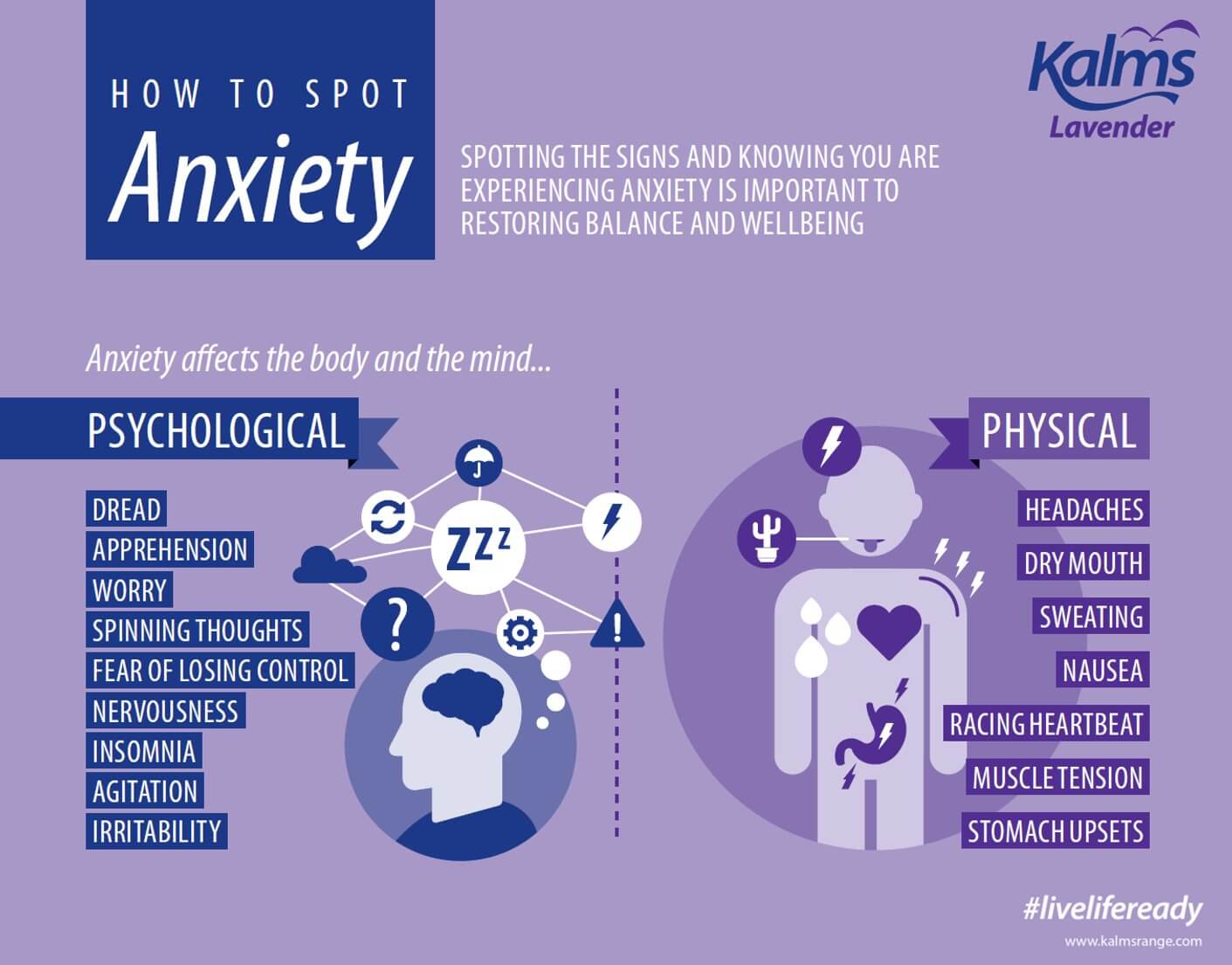
Anxiety Became A Healing Journey For Me
Once I realised anxiety had come to me for a reason, I knew I had to learn how to manage this feeling, this extreme sensitivity to both the world outside me but also the world of thoughts and intense feelings inside of me.
So I began to try different things to shift and understand my anxiety better.
My ANXIETY TOOLBOX
1. Normal meditation
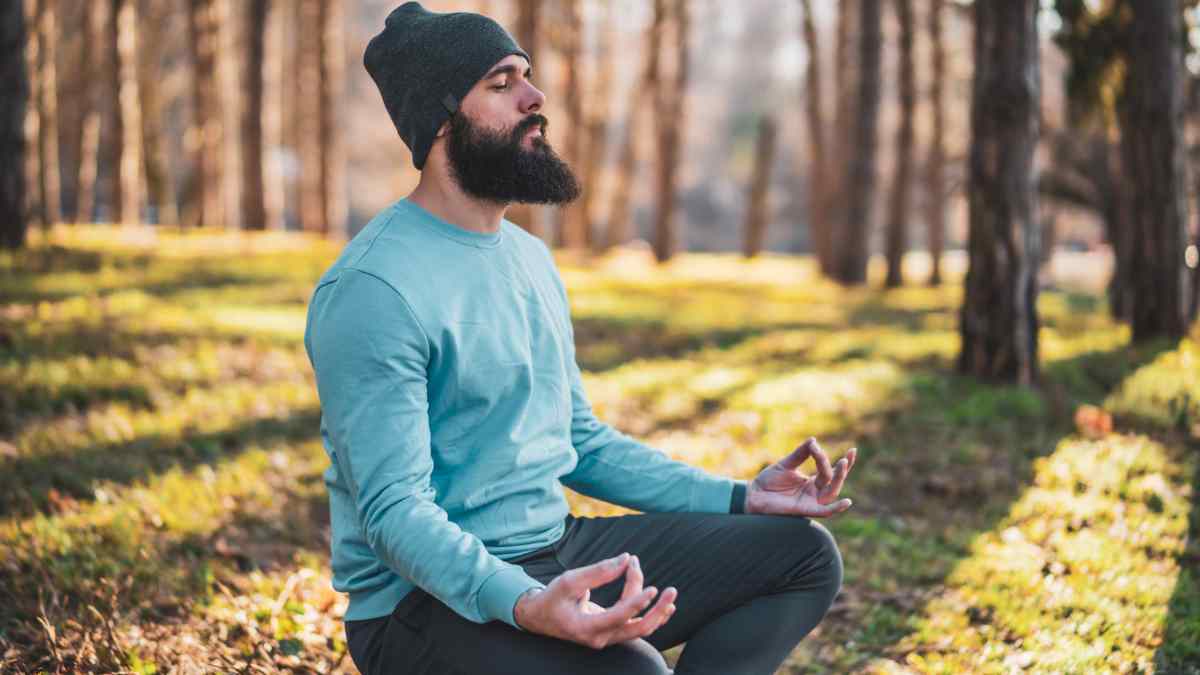
2. Mindfulness Meditation

Mindfulness is different to normal meditation. In mindfulness, you begin to focus on what is happening in a non-judgemental and accepting way. You may simply focus on body parts, going through areas of the body and feeling what is there, to a deeper practice where you become an observer of the mental process, where you can label your thoughts, to make them not as important. For example If I was thinking about what is for dinner, I would label that thought ‘planning’. But for me the deepest form of mindfulness was when I allowed the emotions and fears to arise in my belly and chest and allowed them space to be, not trying to make them anything other than what they were. By giving them space, they reduced and relaxed.
This was the beginning of change for me, to discover that these feelings, these thoughts, were not to be avoided and resisted, but were calling me into a more loving space. I had been trying to ‘get rid’ of anxiety most of my life, not recognising that trying to get rid of a feeling that is already there, is like beating up on myself and not accepting ‘what is’.
Once I allowed the feelings to have their space to be, without trying to change them, things began to shift. This natural acceptance reduced my anxiety big time. And while I still get some anxiety for social events and new experiences, it’s not as debilitating as it once was.
If you Google ‘mindfulness’ you will discover that there are many mindfulness classes all over the world now to help people who suffer from anxiety and depression.
3. Aromatherapy
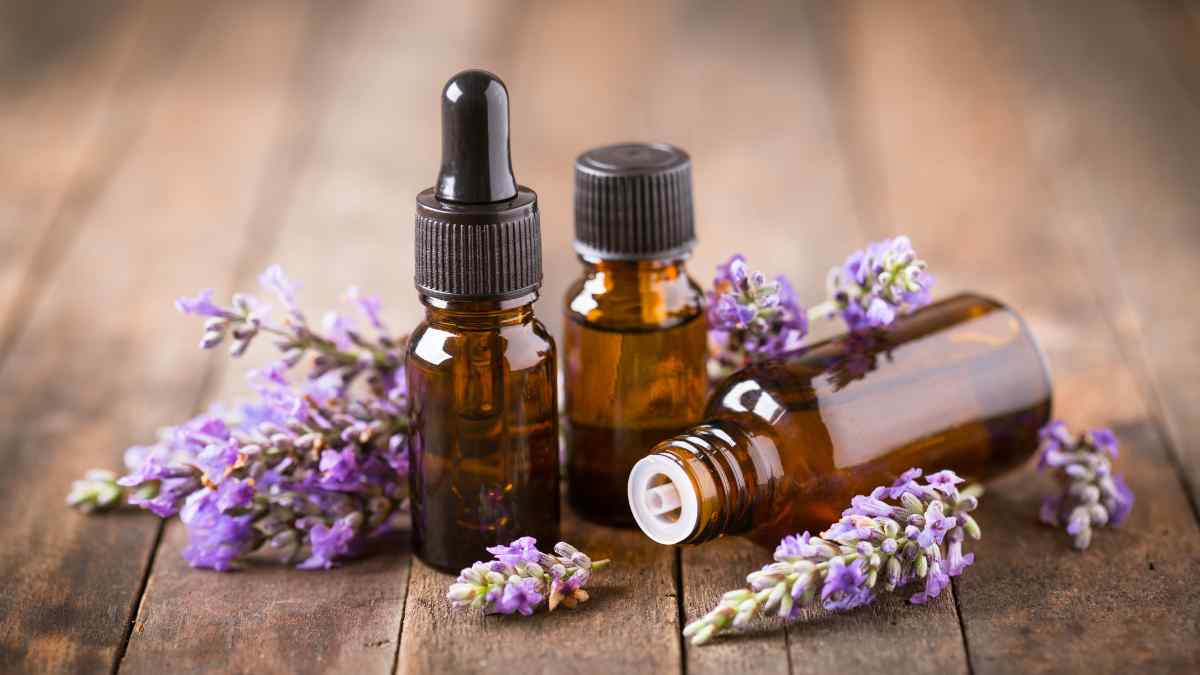
Aromatherapy is an ancient therapy where as far back as 6000 years ago plants were used to heal and help people, but it was not labelled aromatherapy until 1937 by a French chemist who discovered the benefits of lavender oil in relation to a burn he had experienced.
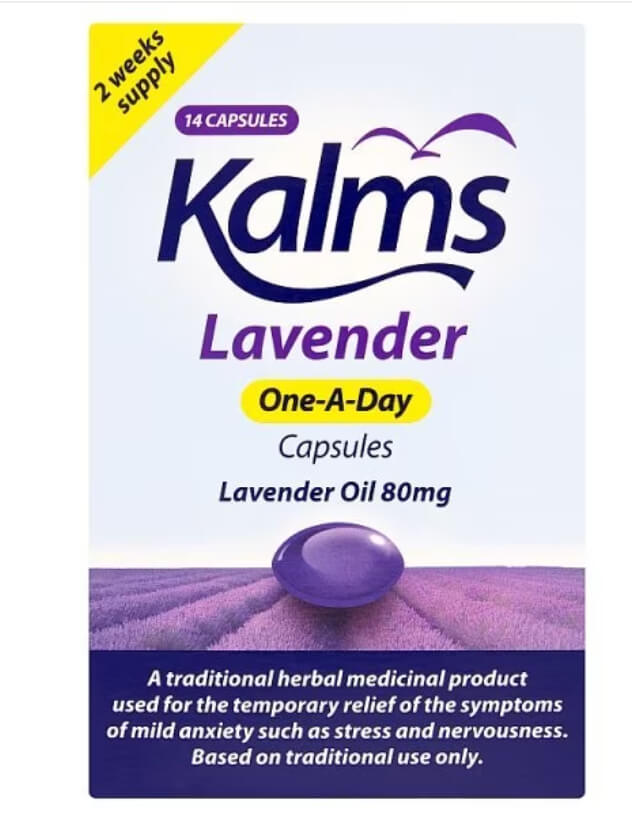
In addition to external use, Kalms Lavender* is a treatment I have recently been introduced to, new to the UK. I have not used it myself, but I am keen to give it a go sometime.
I’ve never been someone who takes prescribed drugs for my anxiety, but I know many who do, who would like an alternative.
Kalms Lavender contains a uniquely prepared pharmaceutical quality lavender oil used to relieve the symptoms of anxiety.
4. Hypnotherapy
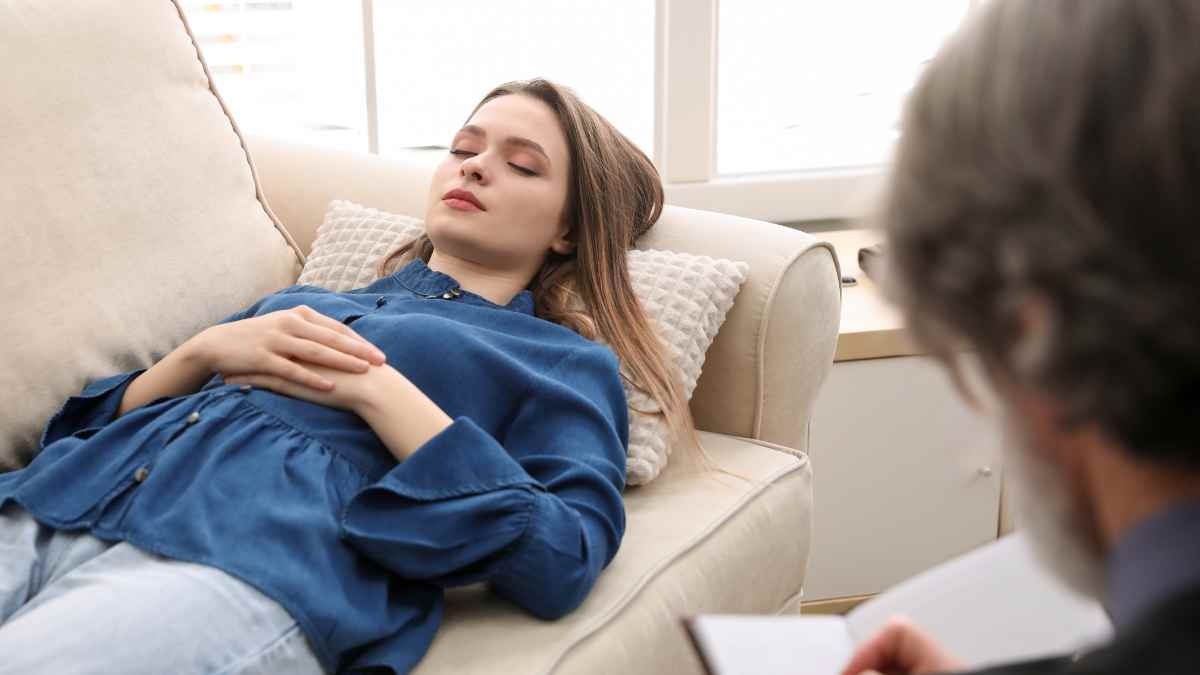
Hypnotherapy has really helped in many ways, but not just any hypnotherapy. I’ve really benefited from a form of hypnotherapy that involved overloading my conscious mind, causing my thinking to shut down, while receiving suggestive statements.
In my early twenties I tried normal hypnotherapy, but it didn’t work for me. The hypnotherapist at the time did not recognise that because of anxiety my mind was very much in control and needed distracting for the therapy to work.
In 2016 I saw another hypnotherapist who used something called a confusion script. Before the suggestions were placed into my unconscious mind, she completely confused my conscious mind to the point that I drifted off and was better able to absorb statements that were more healthy for me as an anxiety sufferer. These statements helped grow my confidence and helped me face situations I had avoided before, like public speaking and social events. I recommend this form of hypnotherapy for anxiety sufferers because of my experience, but also if you wish to try something at home instead, I’ve also used something called ‘Hypno-peripheral programming’ which is where two stories are played into the ears via audio headphones so that the conscious mind cannot focus on one story.
Messages overlap to bring in more positive experiences of who you are in the process. These are very relaxing and great to listen to before sleep.
5. EFT (Emotional Freedom Technique)
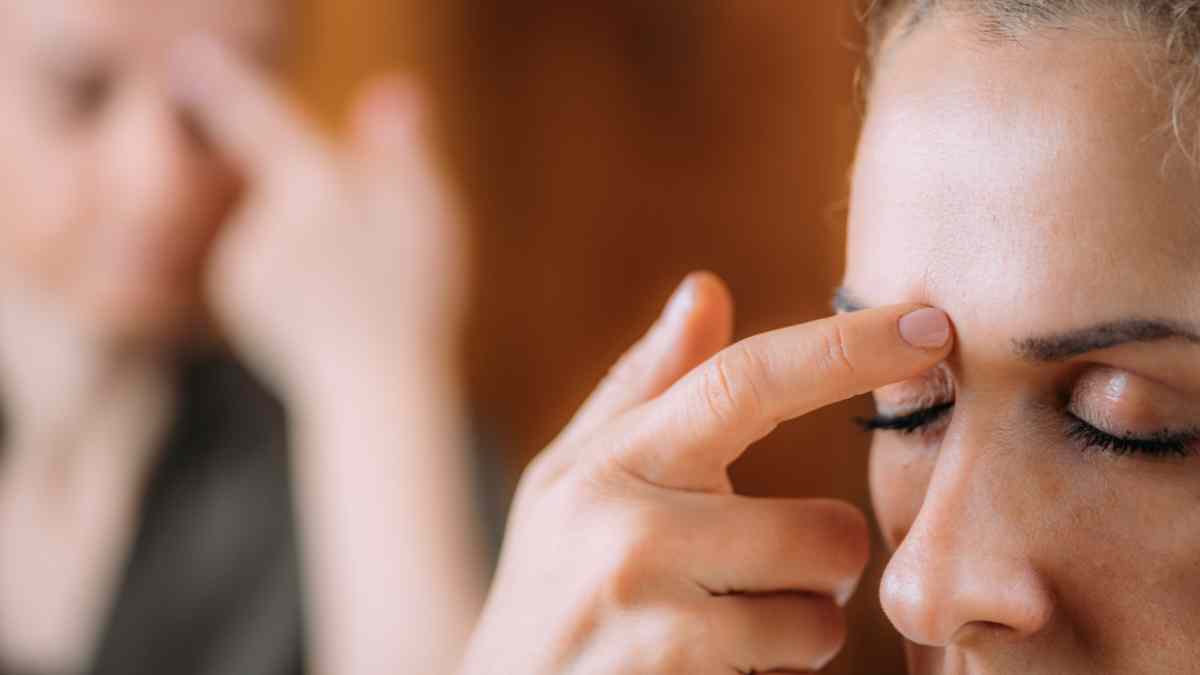
Some time ago I came across a method called EFT.
EFT works on the basis that many of our conditioned responses are locked into the physical body and the emotional body. Using a system of tapping on acupressure points while making specific statements, helps free up the blocked energy. What is great about EFT is you can practice it in the middle of a panic attack or heightened anxiety experience. I’ve used EFT before a job interview where there was a panel of interviewers to face, and by the time I got to the interview I was no longer anxious at all, in fact, I felt like I had gone to interview them not the other way round, a huge turnaround.
6. Reducing or Quitting Coffee
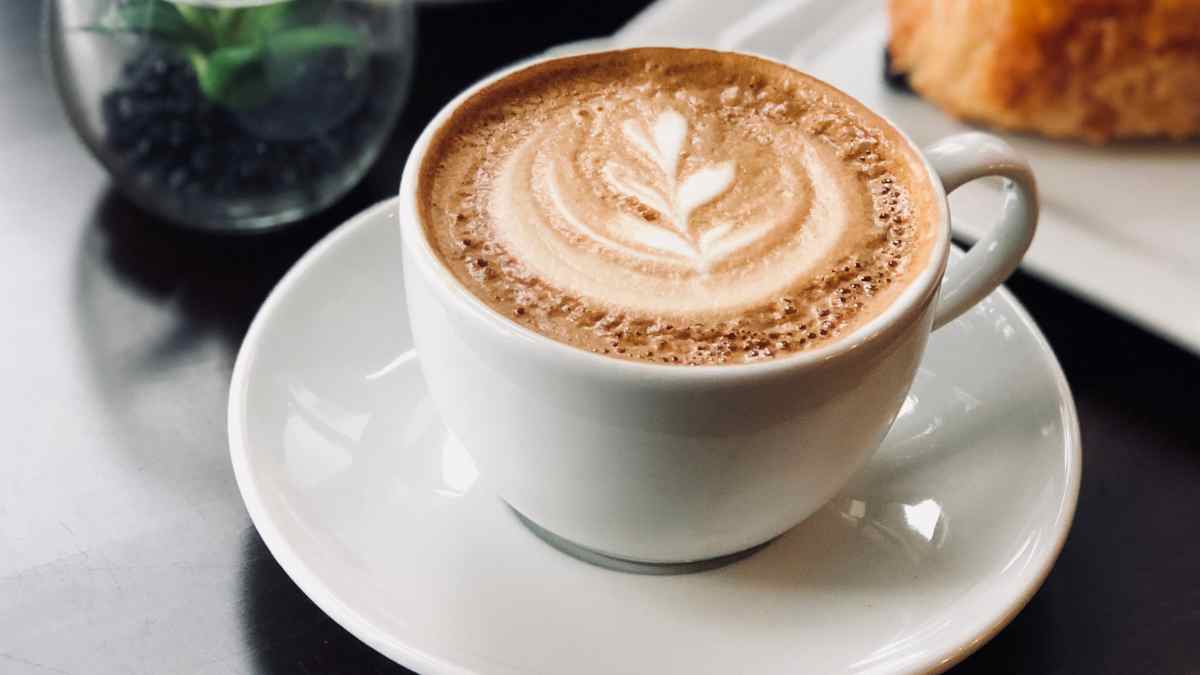
I have been known to be a coffee addict. As I also suffered from depression for many years (I’ve noticed that many people who suffer from anxiety may have some level of depression also), I tended to use coffee to boost my flagging spirit and mood, but the downside was that it made my anxiety worse. Using coffee to wake me up in the morning really affected my adrenal glands as a woman in a huge way.
My endocrine system was really messed up and quitting coffee and making other dietary changes had a significant impact on how I felt emotionally and physically. As women, we have enough to contend with, with hormones shifting, menopause and so much more, that to add another stimulant to the mix is not great. I now drink maybe 1-2 coffees a week. It’s now a treat not a necessity.
7. Dietary Changes

From Coping Systems To General Self-Care
The biggest lesson I have learned from anxiety is that you can’t run away from it, that you can’t and shouldn’t try to suppress it, because generally it comes back louder in the long term. Once we begin to see that our mental health is as important as our heart, our liver, our kidneys… and see that our whole system needs attention, we can really make a difference to how we experience this world. Anxiety needn’t be something that stops your life, but yes, changes need to be made if we want to view anxiety differently.If you suffer from anxiety, my above recommendations could really make the difference between suffering or embracing what is happening. How we perceive anxiety makes a huge difference, so a beginning is to see it as a friend not a foe, highlighting some changes that need to take place in our lives.
Question: What helps you with anxiety symptoms?
CHECK OUT THE LATEST POSTS from Kelly Martin Speaks below
- CHEMTRAILS: Do We Need To Focus On The Light?
 It’s challenging to not focus on what we see above us in the skies lately. Especially in the UK. Even the most hardened sceptic can spend a few hours in their garden gazing up, watching criss-cross white lines appear across the beautiful blue sky. And we all notice how the lines don’t disappear (like they…
It’s challenging to not focus on what we see above us in the skies lately. Especially in the UK. Even the most hardened sceptic can spend a few hours in their garden gazing up, watching criss-cross white lines appear across the beautiful blue sky. And we all notice how the lines don’t disappear (like they… - When Insecurity Becomes Security In LoveIn deepening my understanding of relationships and attachment styles, I’ve come to realise that my upbringing, feeling insecure as a child, created an unhealthy relationship with security. While other children may have felt secure in a stable, non-volatile, or emotionally receptive world, being shown instability, insecurity, uncertainty, and never knowing if I was going to…
- Do You NEED To Suffer?
 So in February, I was starting to understand a fear of happiness when I wrote Why am I afraid to be happy? It was a thought process beginning to unravel more deeply what was going on for me. Since then, I have discovered that, due to my early life programming, unlike many, my baseline for…
So in February, I was starting to understand a fear of happiness when I wrote Why am I afraid to be happy? It was a thought process beginning to unravel more deeply what was going on for me. Since then, I have discovered that, due to my early life programming, unlike many, my baseline for… - Commitment: Are You Unconsciously Escaping From What You Need?
 Imagine my surprise when I discovered I wasn’t committed to success or personal growth but instead to escaping. Why would I be committed to escaping, and how is this even possible? Many of us on a spiritual or healing journey probably have as our priority our own wellbeing, personal growth, and transformation. We also probably…
Imagine my surprise when I discovered I wasn’t committed to success or personal growth but instead to escaping. Why would I be committed to escaping, and how is this even possible? Many of us on a spiritual or healing journey probably have as our priority our own wellbeing, personal growth, and transformation. We also probably… - Is Your LOVE Profile Toxic?
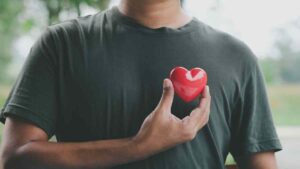 Since my best friend died in 2023, I’ve been considering my life a lot, my relationships, friendships, and so much more. Grief brings with it a deep sense of loneliness, especially when the one who died was a partner or husband. Michael, while not my husband, was like a husband in many ways. We didn’t…
Since my best friend died in 2023, I’ve been considering my life a lot, my relationships, friendships, and so much more. Grief brings with it a deep sense of loneliness, especially when the one who died was a partner or husband. Michael, while not my husband, was like a husband in many ways. We didn’t… - Isolation: How To Be Truly Alone When Lonely
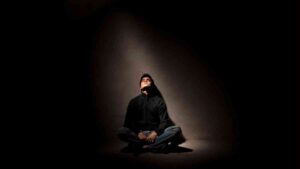 I’ve had my share of loneliness over the course of my 47 years on Planet Earth. I’ve felt isolated on more than one occasion, but facing isolation without using the old distraction methods is a whole different ballgame. Often, we feel lonely because we want something other than what is. We yearn for people, connection,…
I’ve had my share of loneliness over the course of my 47 years on Planet Earth. I’ve felt isolated on more than one occasion, but facing isolation without using the old distraction methods is a whole different ballgame. Often, we feel lonely because we want something other than what is. We yearn for people, connection,…
